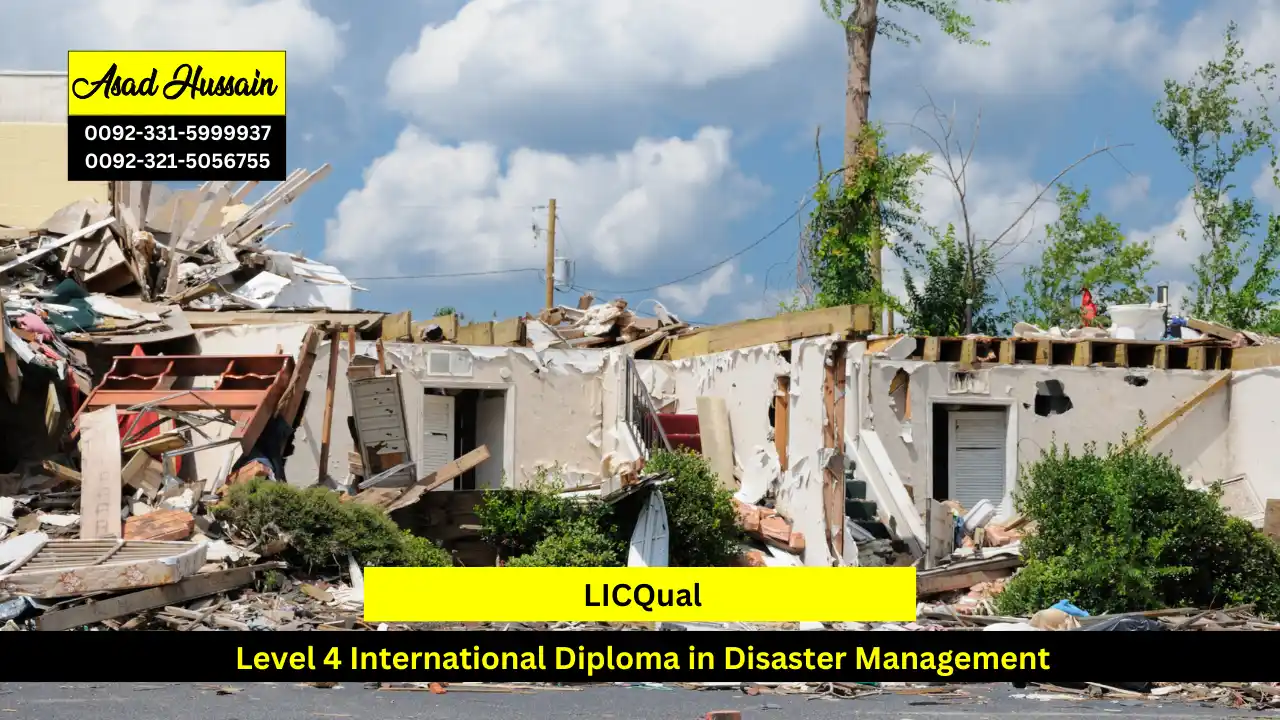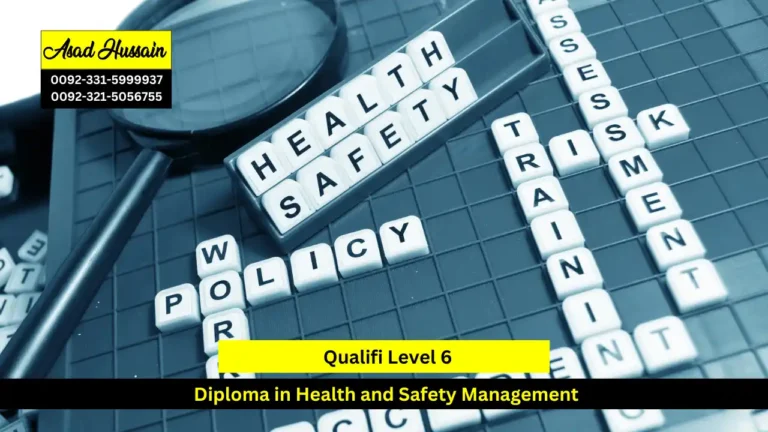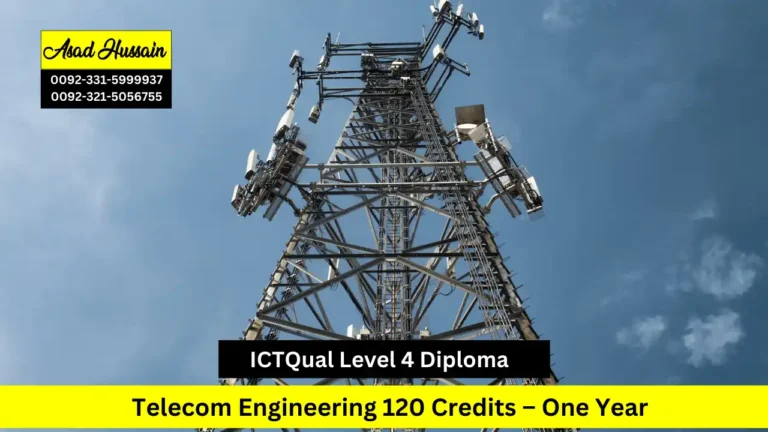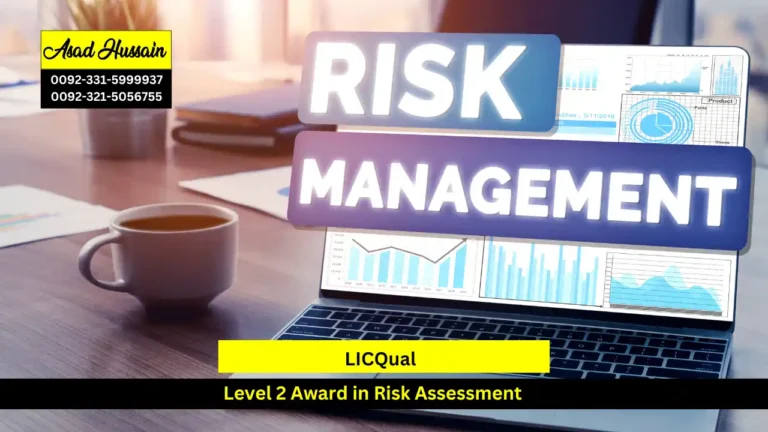In an increasingly interconnected world, where natural disasters and humanitarian crises pose significant threats to communities worldwide, effective disaster management becomes paramount. The Level 4 International Diploma in Disaster Management stands as a pivotal credential in equipping professionals with the knowledge and skills necessary to mitigate, respond to, and recover from disasters.
Disaster management encompasses a comprehensive approach to preparing for, responding to, and recovering from disasters. These can range from natural calamities like earthquakes, hurricanes, and floods to human-made crises such as industrial accidents or pandemics. The discipline integrates elements of risk assessment, emergency planning, crisis communication, and humanitarian aid coordination to minimize the impact of disasters on human lives and infrastructure.
The Level 4 International Diploma in Disaster Management serves as a rigorous educational program designed to empower individuals with specialized competencies in disaster preparedness and response. Accredited by reputable institutions and aligned with international standards, this diploma not only enhances professional credibility but also deepens understanding across key areas:
The Level 4 International Diploma in Disaster Management represents more than a credential; it embodies a commitment to safeguarding communities and fostering resilience in the face of adversity. By investing in this comprehensive educational pathway, individuals not only enhance their career prospects but also contribute meaningfully to global efforts in disaster preparedness and response. Embracing the principles of proactive planning, swift action, and sustainable recovery, graduates play a crucial role in building safer, more resilient societies for generations to come.
Program Highlights
Mandatory Units
- Unit 1. Overview of Disaster Management
- Unit 2. Disaster Management Approaches: Preparedness, Response and Recovery
- Unit 3. Natural Hazards and Resilient Communities
- Unit 4. Geospatial Techniques in Disaster Management: A Critical Introduction
- Unit 5. Leadership in Disaster Management
Educational Background:
- Prospective students are generally required to have completed a secondary education equivalent to a high school diploma or its international equivalent.
Work Experience:
- While specific work experience requirements can vary, candidates often benefit from having practical experience in fields related to disaster management, emergency response, humanitarian aid, or public safety.
Language Proficiency:
- Proficiency in the language of instruction (usually English) is typically required. Applicants may need to provide evidence of language proficiency through standardized tests or previous academic qualifications.
Academic Qualifications:
- Some programs may require applicants to hold specific academic qualifications, such as a bachelor’s degree or equivalent, especially for those pursuing advanced studies or seeking academic credit transfer options.
Personal Statement:
- Applicants may be required to submit a personal statement or statement of purpose outlining their motivation for pursuing the diploma, career aspirations in disaster management, and relevant experiences or skills.
References:
- Letters of recommendation from employers, educators, or professionals familiar with the applicant’s qualifications and suitability for the program may be required.
Interview:
- In some cases, applicants may need to participate in an interview, either in person or online, to assess their suitability for the program and clarify their goals and expectations.
Overview of Disaster Management
- Understand the concept of disaster management and its importance in safeguarding communities.
- Identify key stakeholders and their roles in disaster management.
- Analyze historical and contemporary examples of disasters to extract lessons learned.
- Discuss the ethical and legal considerations in disaster management practices.
Disaster Management Approaches: Preparedness, Response and Recovery
- Differentiate between preparedness, response, and recovery phases of disaster management.
- Develop emergency response plans tailored to various types of disasters.
- Evaluate the effectiveness of different approaches to disaster preparedness.
- Apply crisis communication strategies during disaster response scenarios.
Natural Hazards and Resilient Communities
- Identify common natural hazards and their impact on communities.
- Assess community vulnerabilities and resilience factors.
- Formulate strategies to enhance community resilience against natural hazards.
- Analyze case studies of resilient communities and extract best practices.
Geospatial Techniques in Disaster Management: A Critical Introduction
- Understand the principles and applications of geospatial techniques in disaster management.
- Utilize GIS (Geographic Information System) tools for hazard mapping and risk assessment.
- Interpret spatial data to prioritize areas for disaster preparedness interventions.
- Evaluate the role of remote sensing in disaster monitoring and response.
Leadership in Disaster Management
- Demonstrate effective leadership skills in disaster management contexts.
- Analyze leadership styles and their impact on crisis management outcomes.
- Foster teamwork and collaboration among multidisciplinary disaster response teams.
- Develop strategies for managing stress and maintaining resilience as a disaster management leader.
These learning outcomes are designed to equip learners with comprehensive knowledge and skills across various aspects of disaster management, preparing them to contribute effectively to disaster preparedness, response, and recovery efforts in diverse settings.
The Level 4 International Diploma in Disaster Management is tailored for a wide range of professionals and aspiring experts committed to enhancing disaster preparedness and response capabilities. It caters to emergency management professionals seeking to deepen their knowledge and advance their careers in disaster management. Additionally, it appeals to government officials and policymakers involved in shaping disaster policies and strategies at local, national, or international levels. Humanitarian aid workers and non-governmental organization (NGO) personnel looking to strengthen their skills in coordinating relief efforts and fostering community resilience will also find this course invaluable. Moreover, individuals from sectors such as public health, environmental science, engineering, and urban planning who wish to contribute to mitigating the impact of disasters on communities will benefit significantly from the comprehensive insights and practical skills offered by this diploma.







